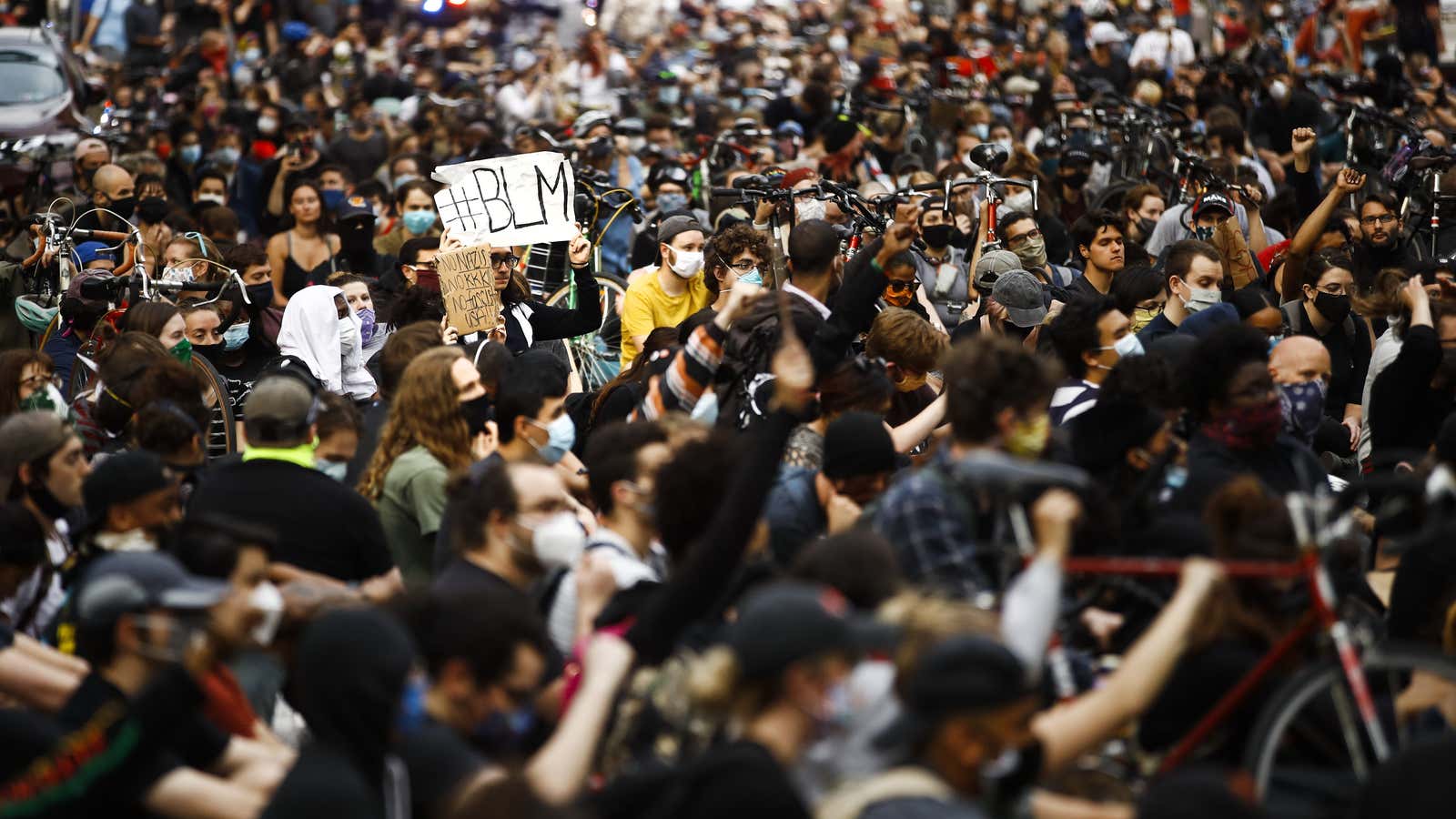Power is at the center of every complex human society, an inescapable force emanating outward and setting the boundaries of our individual and collective experiences. It dictates what we can do, where we can go, what we can say, and to an extent, what we can even imagine or hope for.
And yet, it is virtually impossible to meaningfully define power. At the most basic level it means “to be able.” But beneath the surface it is a dense abstraction—one that has made it possible for us to co-exist in large numbers.
Power isn’t an institution, a social order, or even a form of endowed strength. It’s really just a name that we use to label the nuanced interpersonal exchanges that define our social lives.
Our desire for power stems from our psychological need for control, but often this has less to do with others than with ourselves. We want autonomy. Control over ourselves is fundamental to our sense of wellbeing and it is often the motivation that drives our desire for power. That is ultimately what power is—attempts at the individual or collective level to exert a sense of control over our lives.
But sadly, many of us are conditioned by the broader culture to feel powerless. We are told implicitly that certain groups of people have a more legitimate claim to power; that power must embody specific attributes, or that it is assigned to specific institutions. As a result, we often engage with power in methods born out of intimidation. We posture strength, weaponize manipulation, and engage in personal attacks—all in an effort to muster a semblance of power.
But events of the past several weeks are demonstrating that we have another mechanism to garner a sense of control.
George Floyd would not live to see his own power
A 46-year-old Black man, George Floyd, died on May 25, 2020, while in the custody of the Minneapolis Police Department. Normally he stood at six feet seven inches tall and weighed about 250 lbs, but on this fateful day he laid flat on his chest, gasping for air and pleading for mercy. While Mr. Floyd certainly possessed a physical presence, in this country he was not what you would characterize as powerful. He was neither wealthy nor famous and he was not white. On that day in May, he was unable to exert control over his fleeting life.
In the aftermath of his untimely death, however, a new power language has emerged. Protests against police brutality sprouted in over 140 cities across the US to assert a sense of control over the law-enforcement institutions that have long wielded power at the people’s expense.
This expression of power, focused on accountability and transparency, emboldens people to band together and to focus our collective attention—and keep it there—on an issue that has long been overlooked in our society.
Power is characterized by three core attributes that, once understood, allow it to be harnessed and wielded by anyone, even those who have been convinced of and entrenched in their own sense of impotence.
- Power is dynamic. It is malleable, fluid, and defined by constant change. No entity is powerful forever. What rises will eventually fall.
- Power is relative. Nothing can be powerful in and of itself. As an attribute, power is only meaningful in comparison.
- Power is situational. Context ultimately determines what separates the powerful from the powerless. When the context changes, so too can the balance of power.
In a world where power is dynamic, relative, and situational, citizens armed with a little bit of courage and their smartphones are demonstrating they can tap into a well of creative potential and harness power for the greater good.
How exactly they will use this newfound power is what we’re watching transpire right now. Though we’ve been armed with smartphones and aware of documented police brutality for quite some time already, something about this moment feels different. Surely it’s not a coincidence that mass-scale protests proliferated at a time when a pandemic makes us feel like we have less control over our lives.
We found a new way to power, and we’re wielding a lot of it. Mayors and governors are promising to hold police accountable. Brands are actually taking a stand through real action beyond statements. CEOs are making promises and commitments to equity that are unprecedented.
But what will come of it? Is power so situational that when the news cycle finally turns, this newfound power will end?
The answer to this question is dependent on what we do next. Everyday citizens do have the rare ability to prolong our newfound collective power. But how will brands, political figures, businesses, and community leaders respond in turn? And how will they contribute to prolonging that power even further?
Where we go from here
There are five things that leaders must ask themselves:
- Will I be silent? Silence is complicity.
- Will I make a statement? Statements can be declarative, but they’re passive, and ultimately disposable.
- Will I take action? Standalone actions can be meaningful, but they can also be opportunistic and tone-deaf if inauthentic or divorced from the core ethos of the organization.
- Will I commit long-term? Actions mean very little without commitment beyond the current moment.
- Will I reconstitute who I am? In moments like these, values may need to be re-evaluated, revamped, and re-committed to.
Perhaps what’s truly different about this moment is a collective urge for introspection and self-reflection. We have our own new power language because of it. Let’s use it to our collective advantage.
